19 GPTs for Relationship Dynamics Powered by AI for Free of 2026
AI GPTs for Relationship Dynamics are advanced computational tools based on Generative Pre-trained Transformers (GPTs) designed to analyze, understand, and provide insights into the complex nature of human relationships. These tools leverage vast amounts of data to simulate conversation, predict relationship outcomes, and offer personalized advice, making them highly relevant in areas such as counseling, social networking, and interpersonal communication. By harnessing the power of machine learning and natural language processing, GPTs offer tailored solutions that can adapt to the nuanced demands of relationship dynamics, facilitating better understanding and engagement between individuals or groups.
Top 10 GPTs for Relationship Dynamics are: Mystic Tarot Reader,Astrolog GPT Birth Chart Horoscope Natal chart,Mystic Oracle,Power Sage,Relationship Coach,Simulated Life,Graphologist,紫薇真人,Nana for Family Counselling,MBTI Navigator
Mystic Tarot Reader
Unveiling Life's Mysteries with AI Tarot
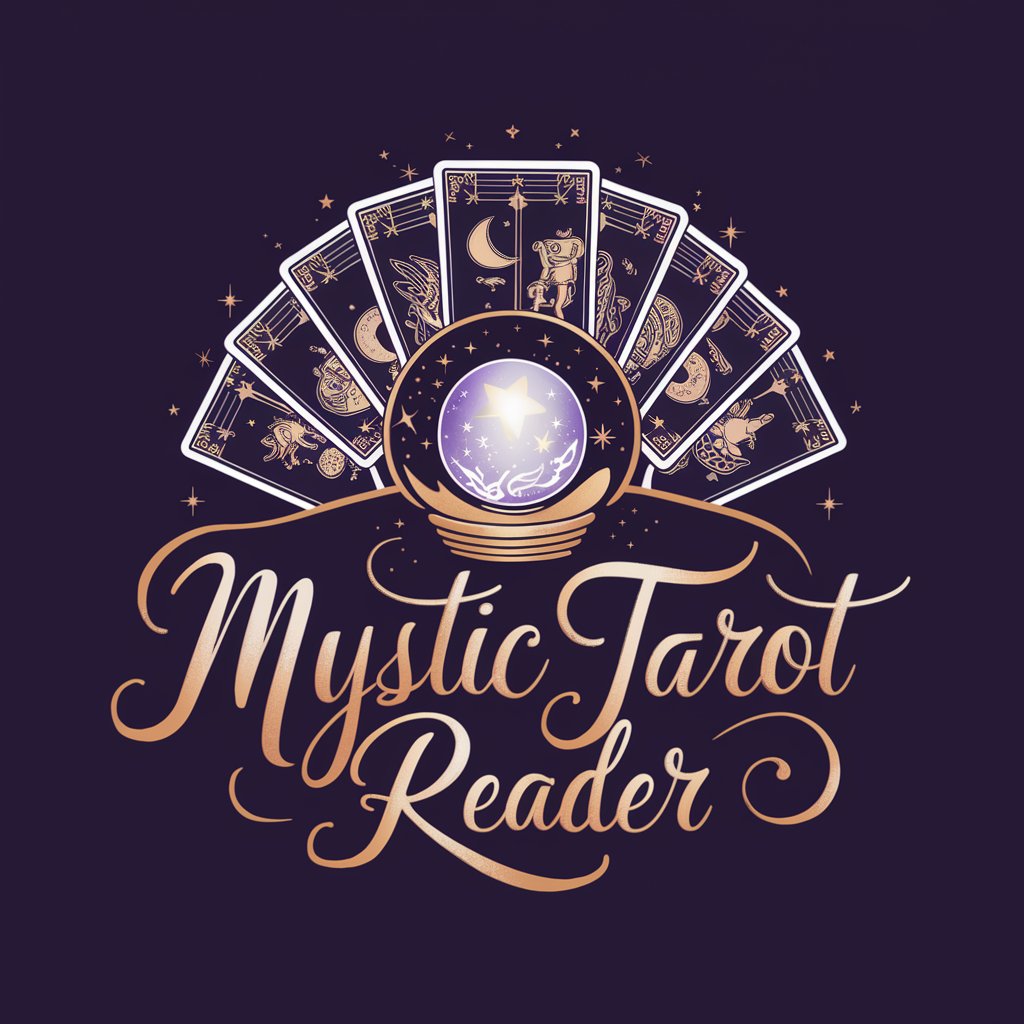
Astrolog GPT Birth Chart Horoscope Natal chart
Unveil Your Cosmic Blueprint with AI
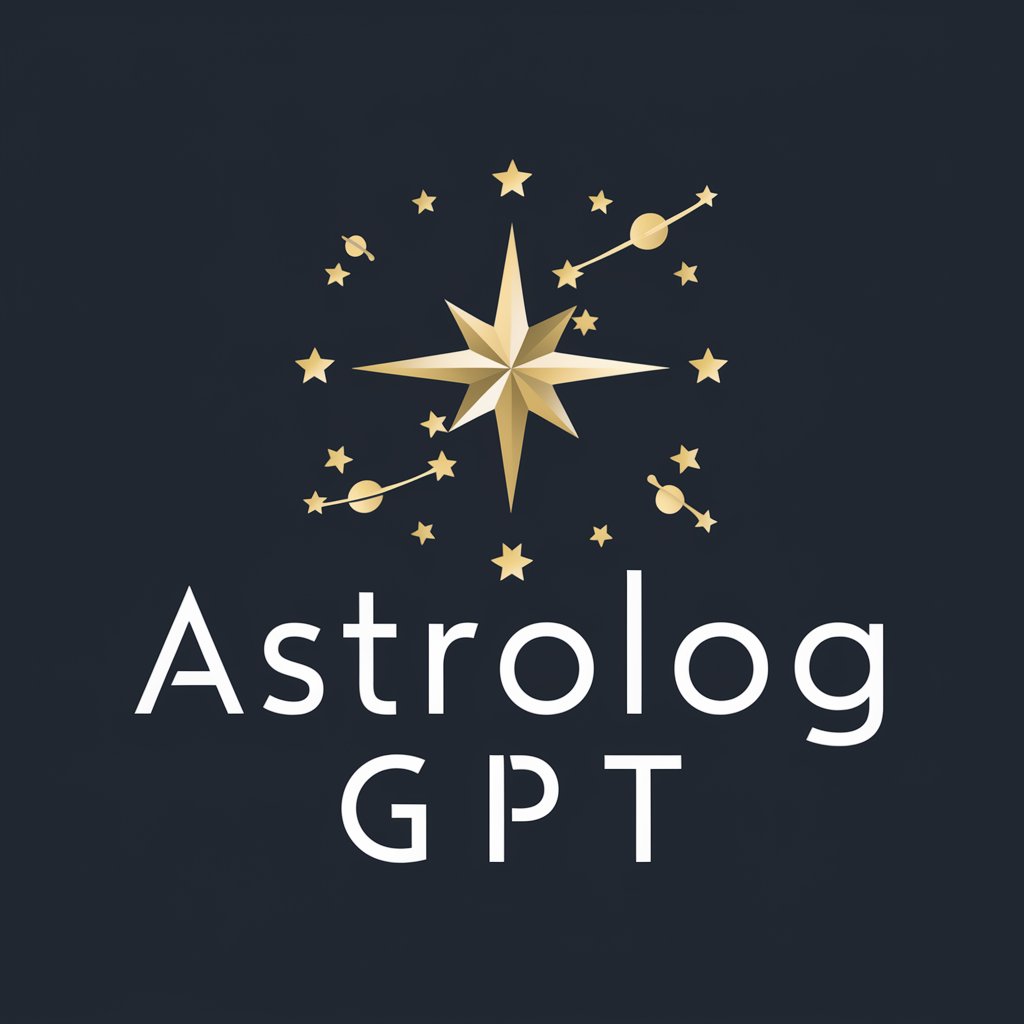
Mystic Oracle
Unveil your cosmic path with AI-powered astrology.
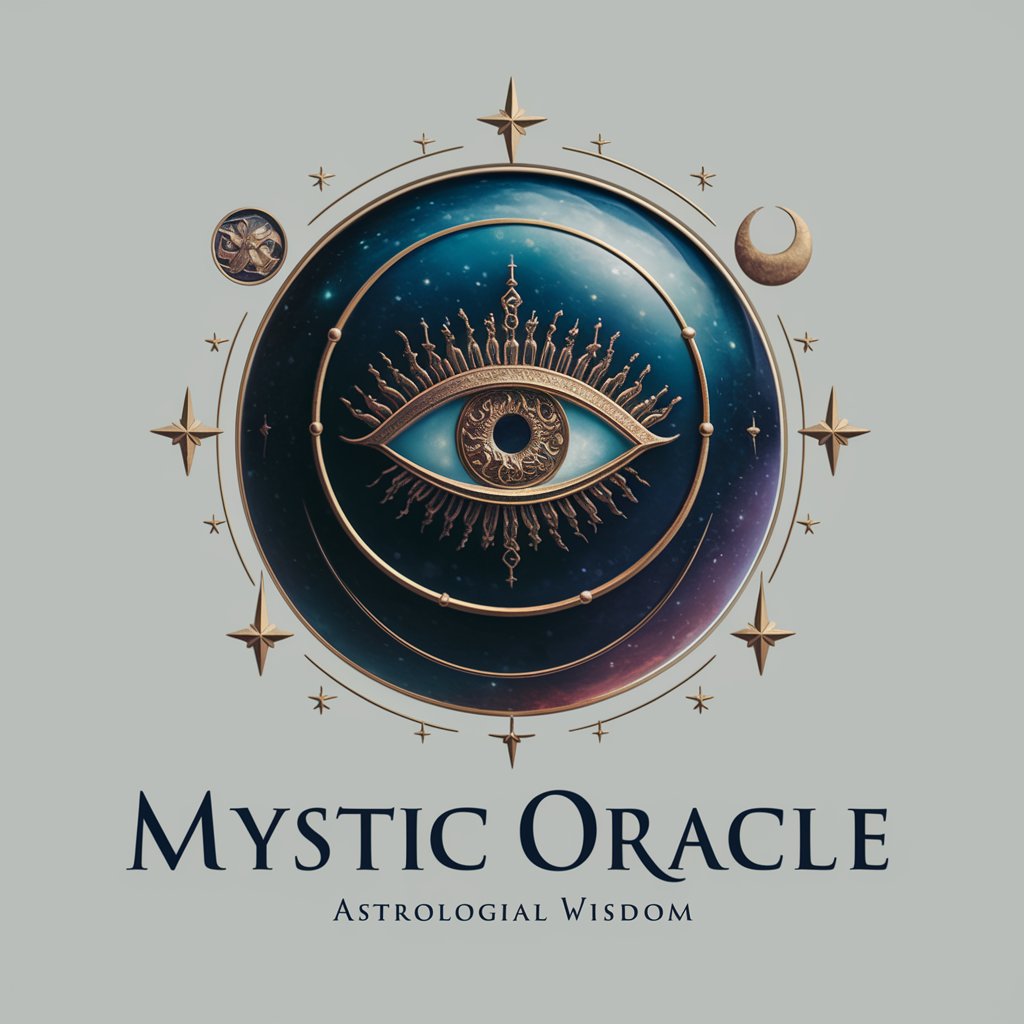
Power Sage
Strategize with AI, Master Power Dynamics
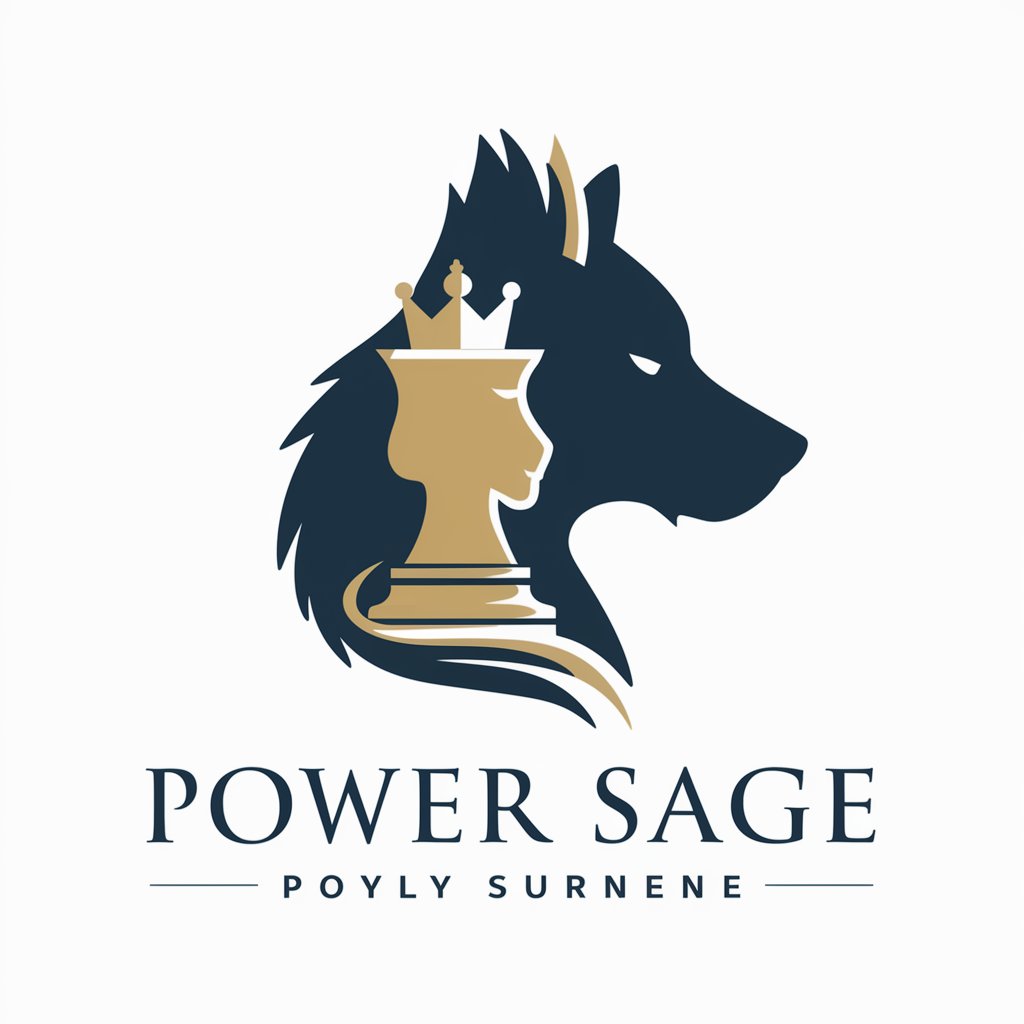
Relationship Coach
Empowering relationships with AI
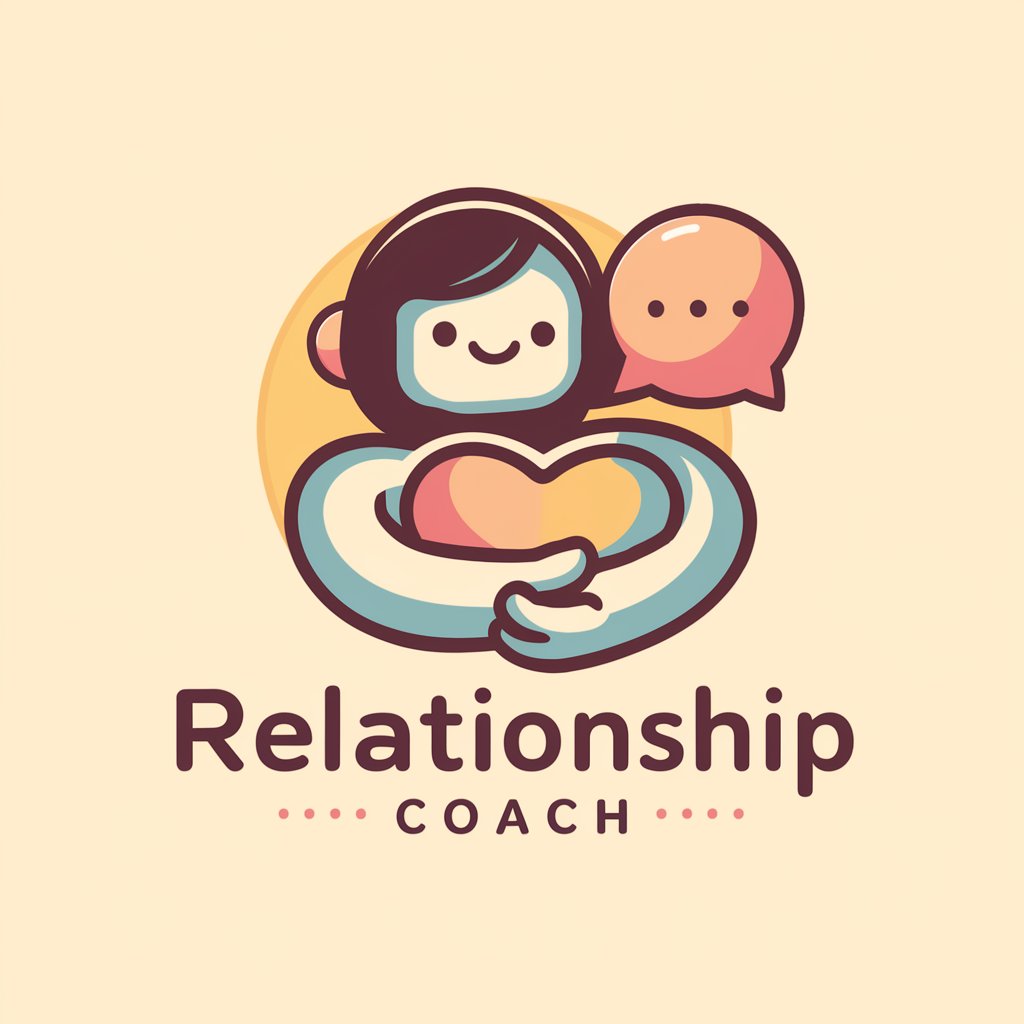
Simulated Life
Navigate life's unpredictability with AI.

Graphologist
Unlock the secrets of your handwriting with AI.

紫薇真人
Unlock the secrets of your stars

Nana for Family Counselling
Empowering families with AI-driven counselling
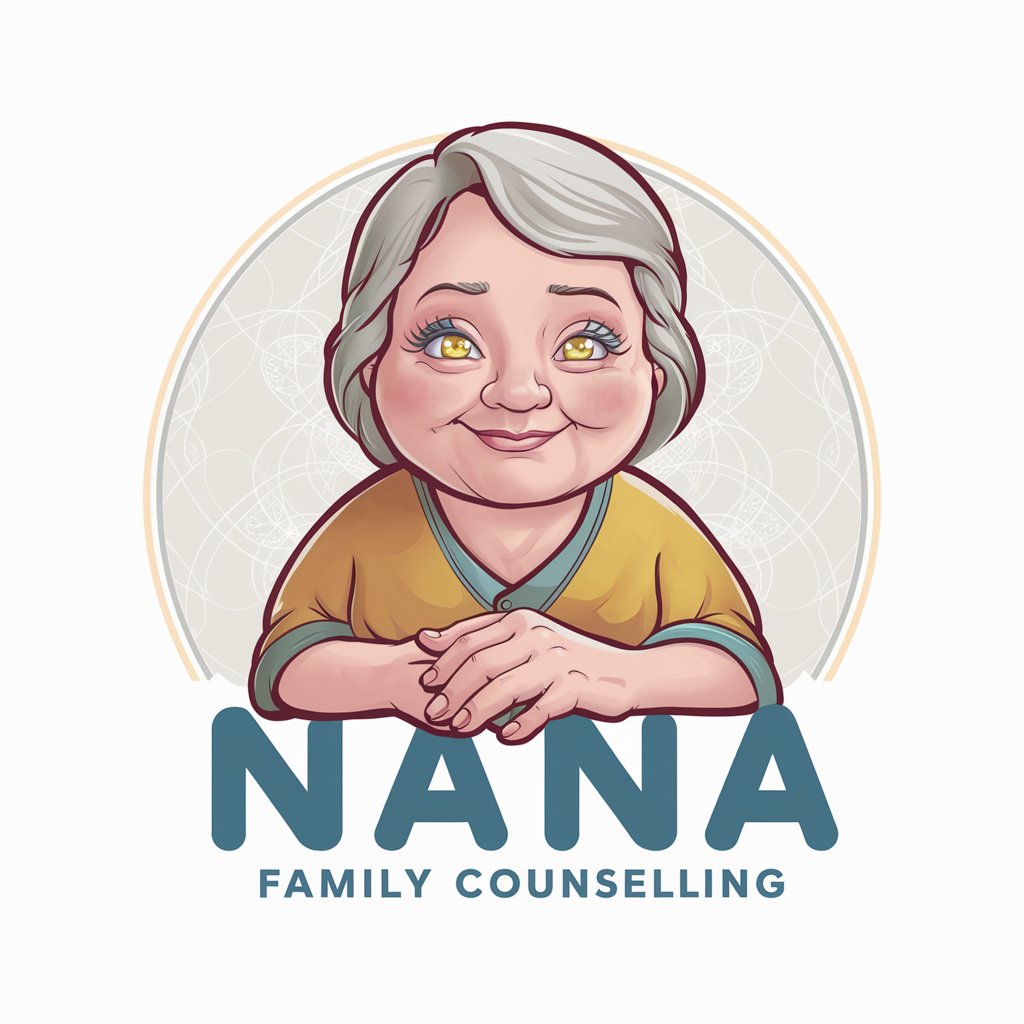
MBTI Navigator
Discover Yourself with AI-Powered Personality Insights

Big Momma
Where wisdom meets warmth, powered by AI.

Family meaning?
Unlock the stories of your lineage.
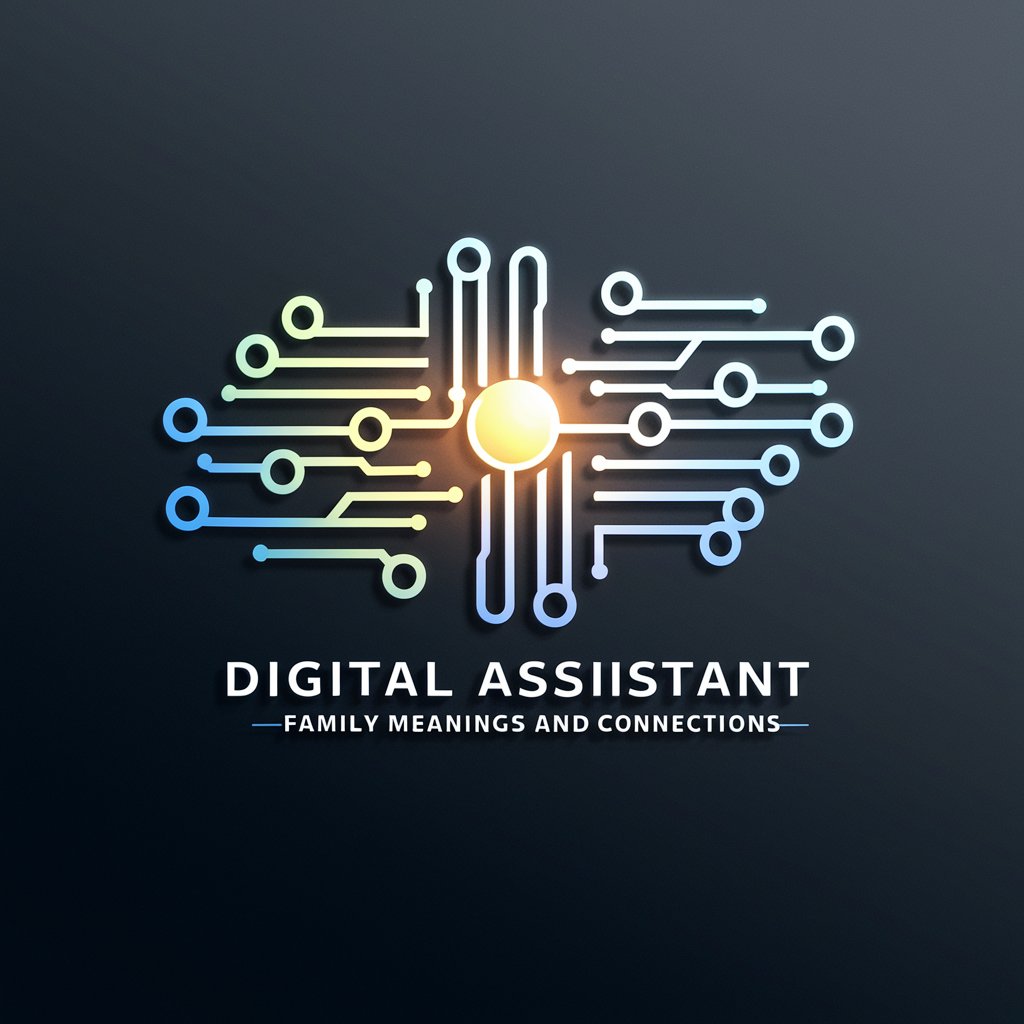
Dating Coach
Empowering your love life with AI
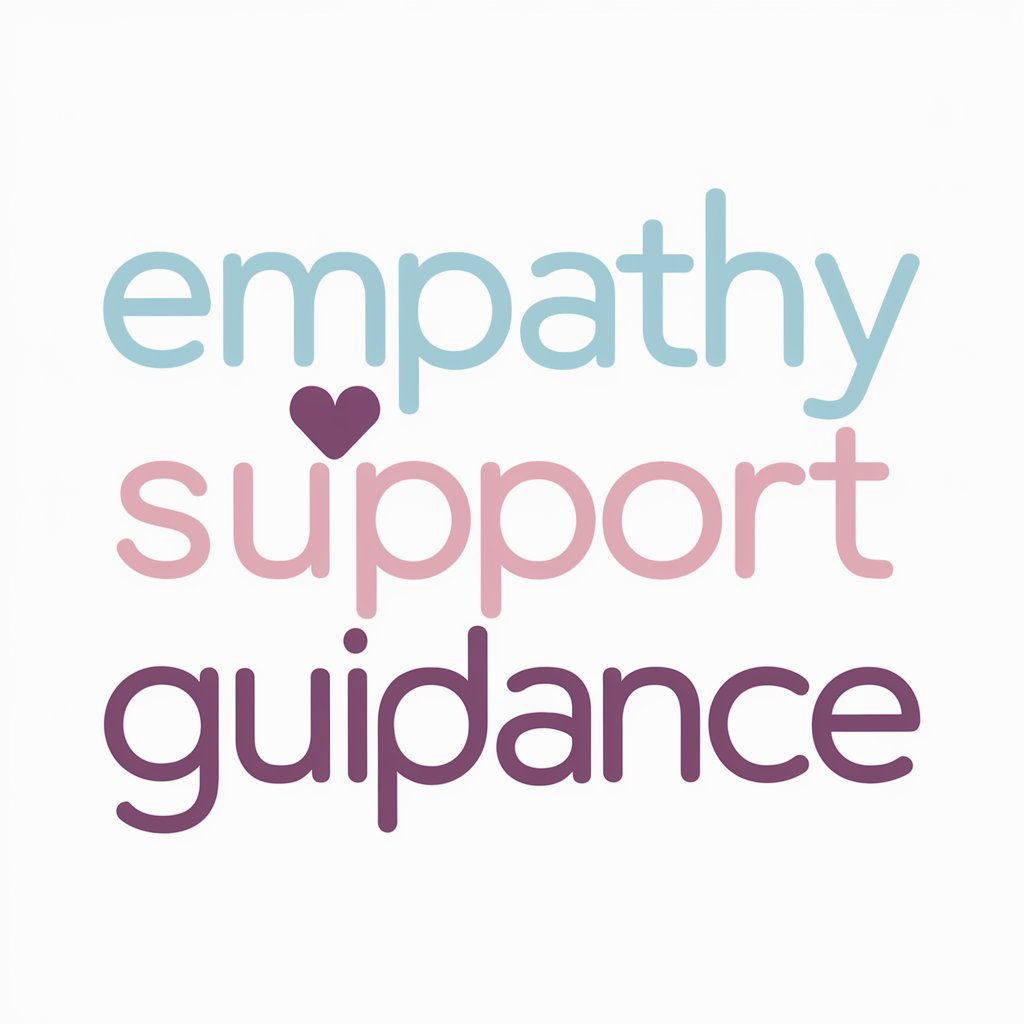
URANAI-gpt
Empowering Self-Discovery Through AI Astrology
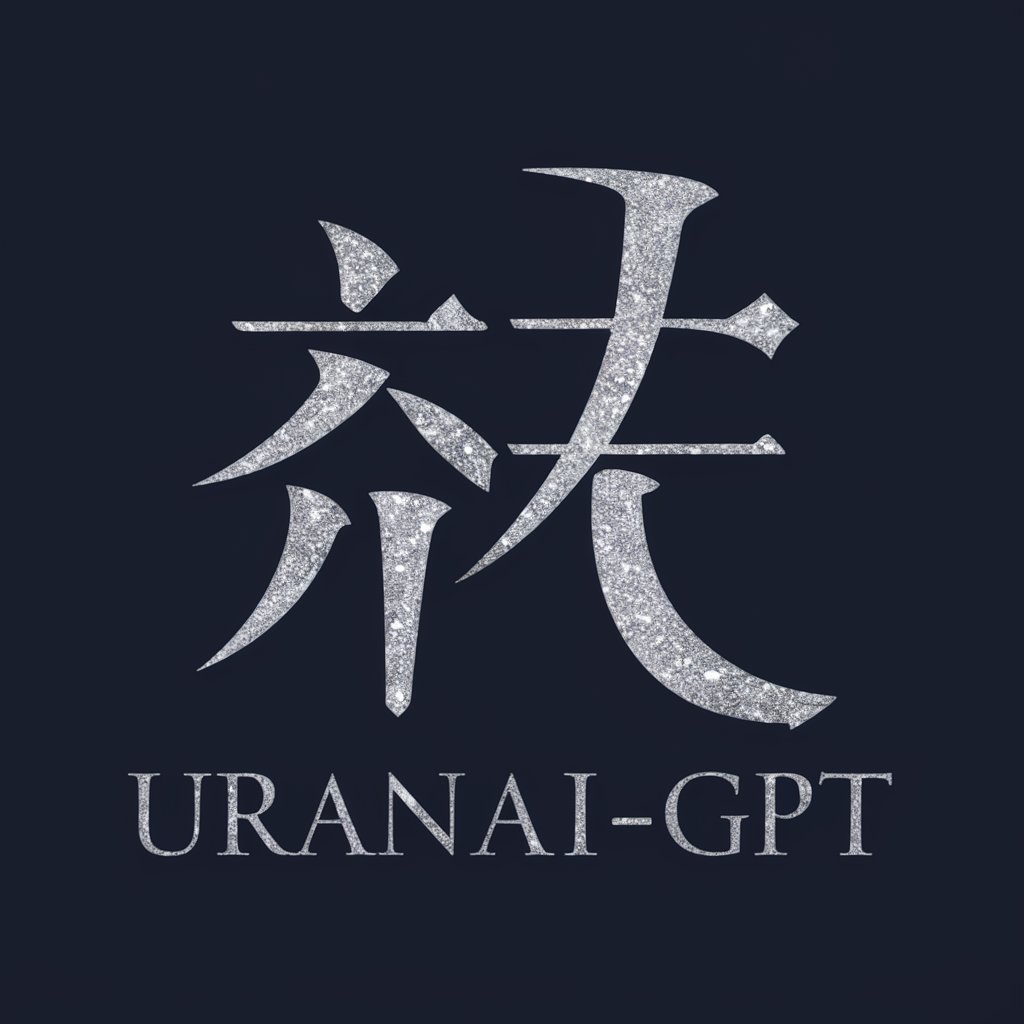
Mind Shift
Empower Your Thoughts, Transform Your Life

Jealousy (Live) meaning?
Unraveling Jealousy with AI Insight
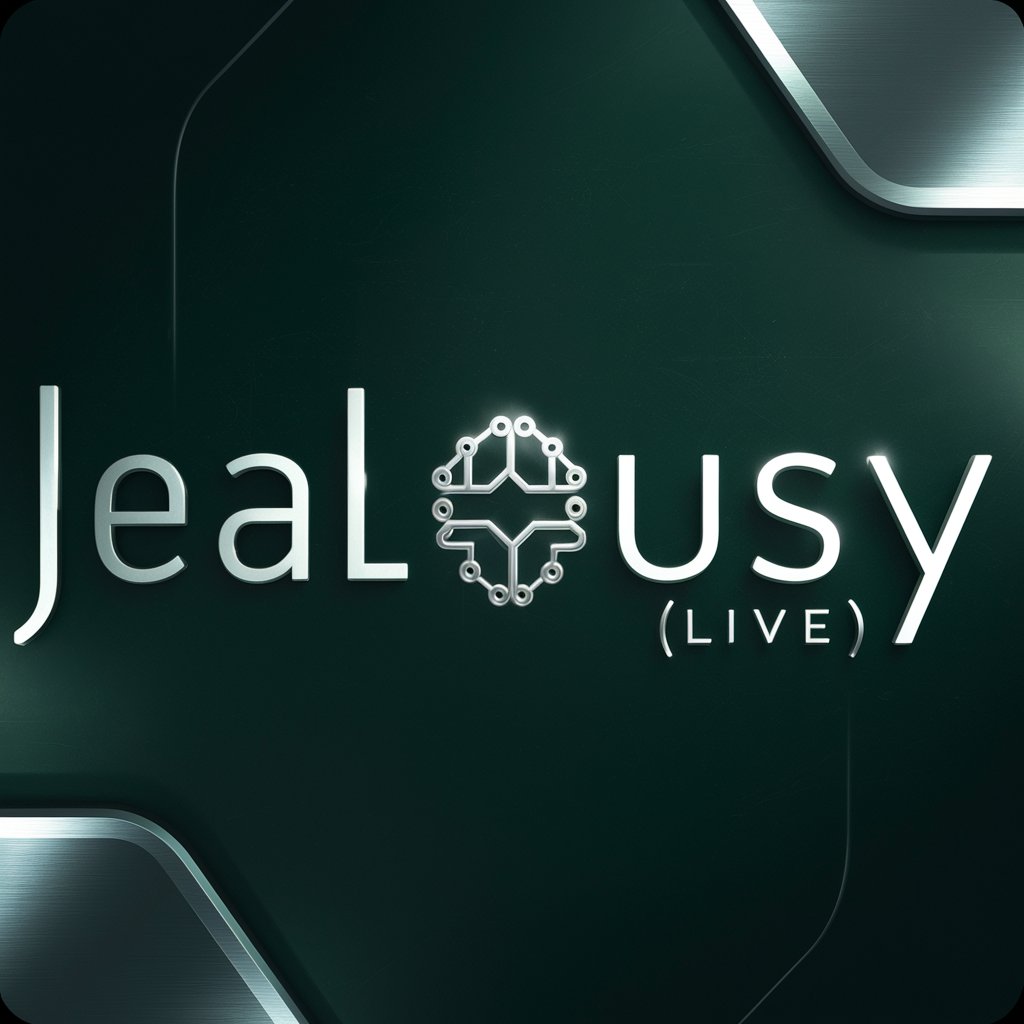
BeMyRizz
Navigate love with AI-powered wit and wisdom.
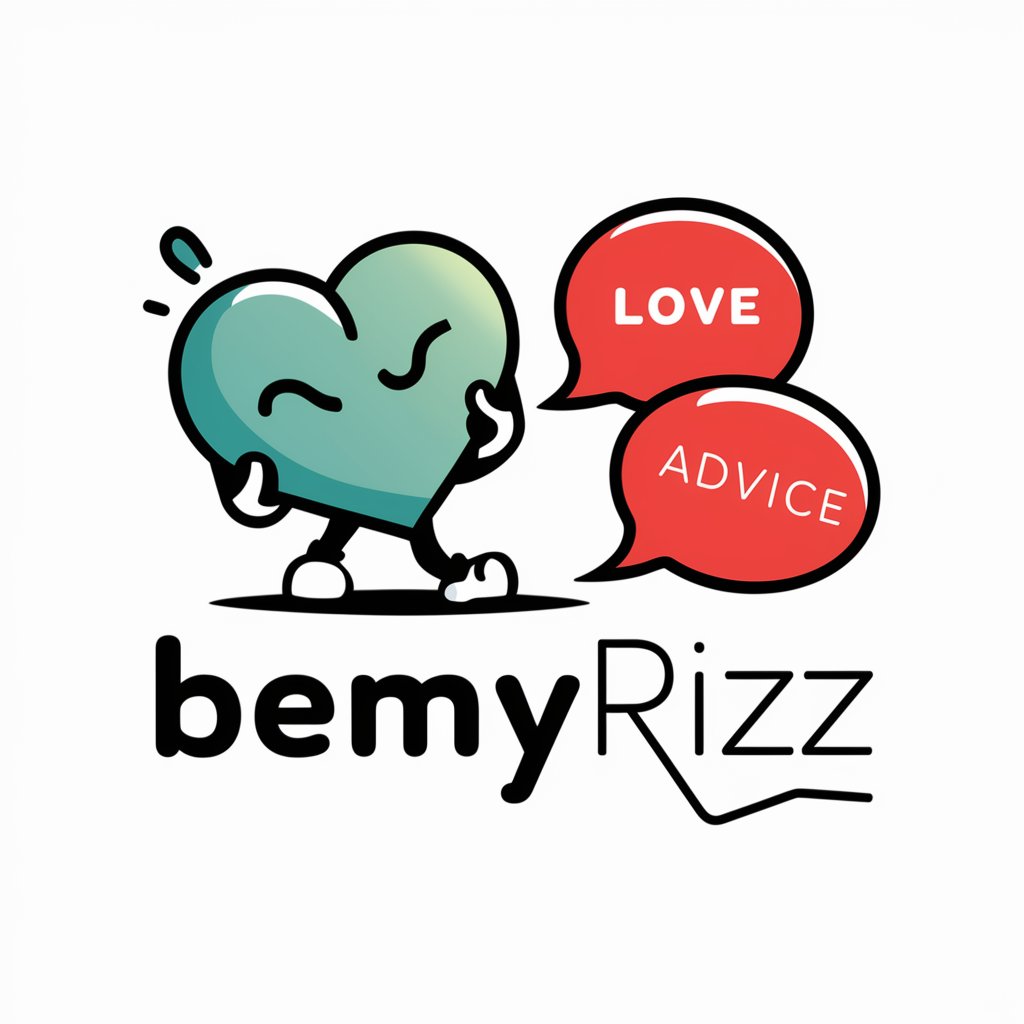
Harmony Guide
Empowering polyamorous connections with AI
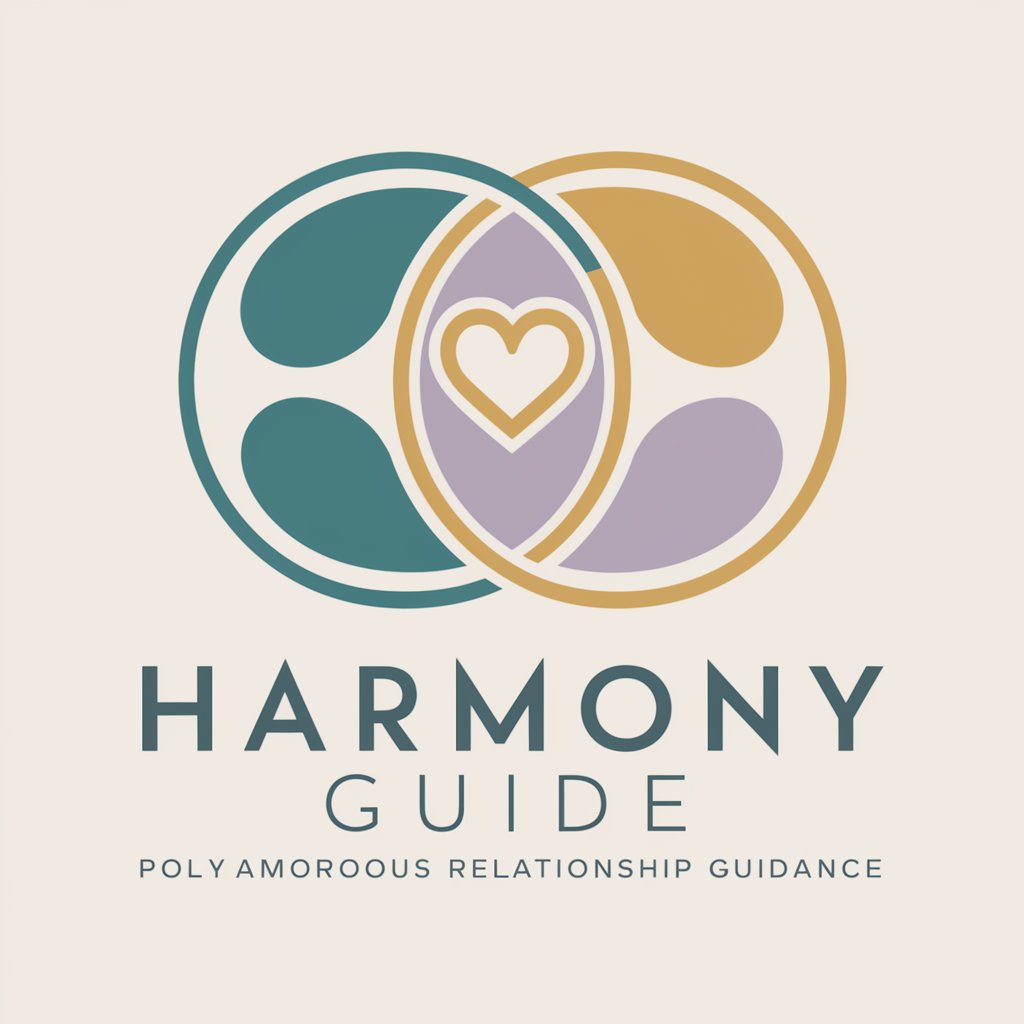
Bond Builder Therapist
AI-powered Relationship Support and Guidance

Key Attributes and Capabilities
AI GPTs for Relationship Dynamics boast several unique features that set them apart, including advanced natural language understanding and generation, emotional intelligence, and the ability to learn from interactions. These tools can simulate human-like conversations, analyze emotional content, and provide insights into the underlying dynamics of relationships. Adaptability is a core strength, allowing these GPTs to cater to a range of applications, from offering personalized relationship advice to facilitating conflict resolution. Specialized features may also include integration with web search, image analysis, and data analytics, broadening the scope of their applications within the field.
Who Benefits from AI GPTs in Relationship Dynamics
The primary beneficiaries of AI GPTs for Relationship Dynamics include relationship counselors, social researchers, app developers, and individuals seeking to enhance their interpersonal skills. These tools are accessible to users without programming knowledge, offering intuitive interfaces and pre-built models for immediate use. Simultaneously, developers and professionals can leverage these GPTs' advanced capabilities for custom applications, making them versatile tools for both novices and experts in the field.
Try Our other AI GPTs tools for Free
Team Communication
Discover how AI GPTs revolutionize team communication, offering tailored solutions for improved collaboration, efficiency, and automation in team settings.
Dashboard Development
Discover how AI GPTs revolutionize Dashboard Development, offering user-friendly, adaptable, and interactive data visualization solutions for all.
Workstation Assembly
Discover how AI GPTs enhance workstation assembly with tailored advice, troubleshooting, and optimization strategies, accessible to both novices and professionals.
College Selection
Discover how AI GPTs revolutionize college selection with personalized recommendations, simplifying the process for students, educators, and parents alike.
Application Strategies
Discover how AI GPTs revolutionize Application Strategies with tailored, data-driven insights for optimizing decision-making and strategic planning processes.
Financial Aid Guidance
Explore AI GPTs for streamlined, personalized financial aid guidance. These tools simplify complex data, ensuring accessible, up-to-date, and reliable financial advice.
Expanding the Potential of GPTs in Relationship Dynamics
GPTs are revolutionizing the way we understand and navigate human relationships. Their ability to process and generate natural language in a contextually relevant manner offers unprecedented opportunities for enhancing communication and understanding. As these tools become more sophisticated, they promise to offer more nuanced insights into relationship dynamics, support mental health professionals, and improve interpersonal relationships across diverse contexts.
Frequently Asked Questions
What exactly are AI GPTs for Relationship Dynamics?
They are AI-driven tools designed to understand and improve human relationships through conversation simulation, emotional analysis, and personalized advice.
Can these tools actually understand human emotions?
Yes, through advanced natural language processing and machine learning techniques, they can analyze emotional content and respond appropriately.
Are AI GPTs for Relationship Dynamics easy to use for non-tech users?
Absolutely. They are designed with user-friendly interfaces that do not require any coding skills for basic applications.
How can developers customize these GPT tools?
Developers can access APIs and programming interfaces to tailor the tools' functionalities for specific applications or integrate them into existing systems.
What kind of applications can benefit from these GPTs?
Applications range from personal relationship advice apps to professional counseling tools and social research platforms.
Is there a privacy concern when using these tools for personal advice?
Developers and providers prioritize user privacy, employing encryption and anonymization to protect personal data.
Can these tools replace human counselors?
While they offer valuable insights and support, they are not designed to replace human professionals but rather to augment the counseling process.
What future developments can we expect in this area?
Future enhancements include more accurate emotion recognition, deeper integration with social media for relationship analytics, and more personalized, context-aware advice.